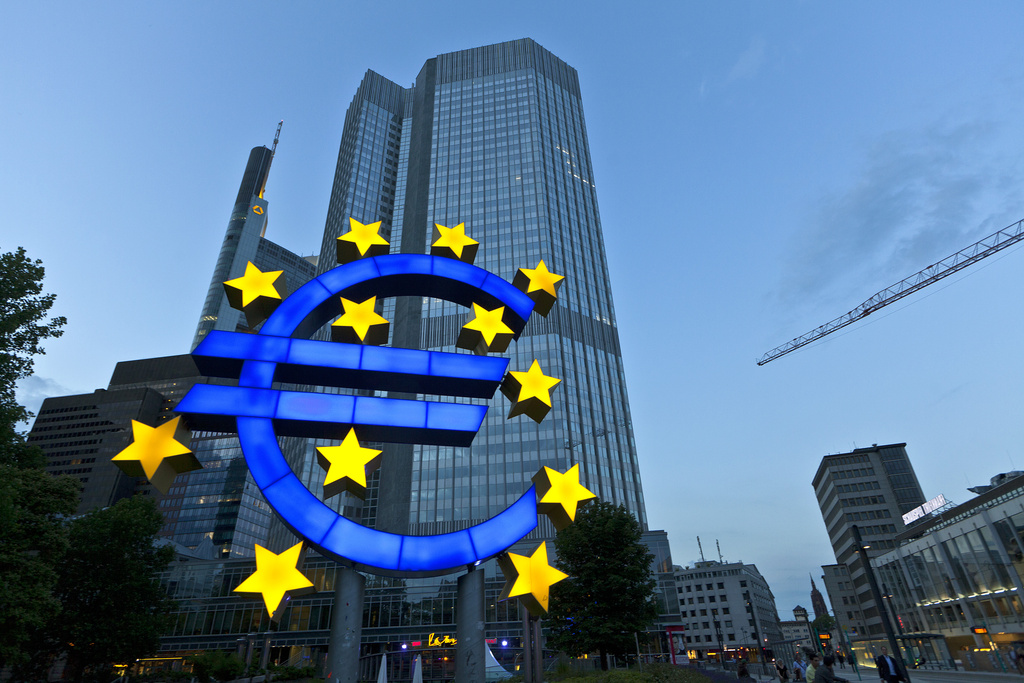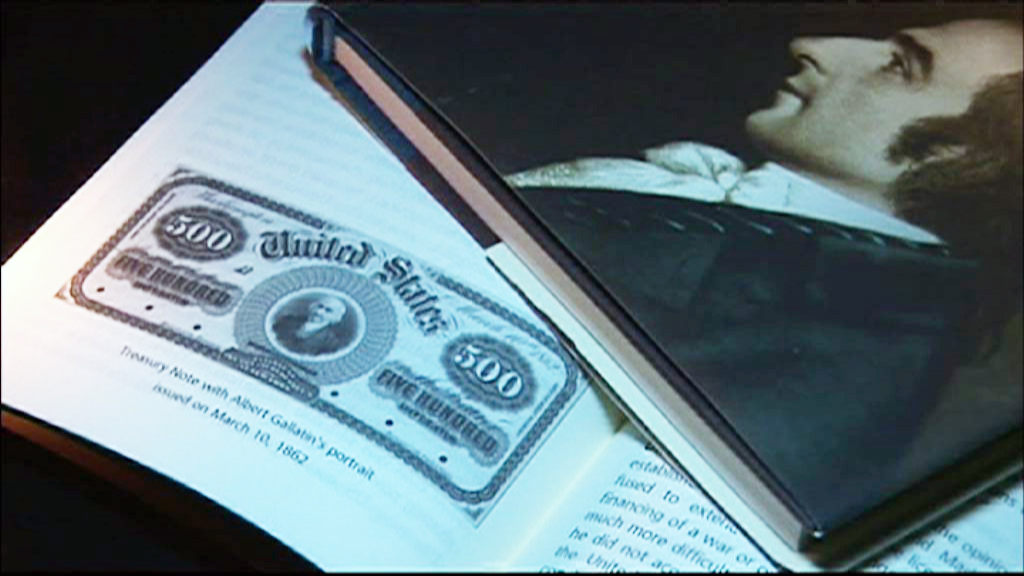Greek bankruptcy has “finally been accepted”

After tense negotiations, European leaders have clinched a eurozone deal containing comprehensive measures to help the ailing Greek economy.
Swiss finance expert Hans Geiger tells swissinfo.ch that by doing this, European Union countries did not avert Greece’s bankruptcy, but instead accepted it.
The deal, which followed talks into the early hours of Thursday, sees banks and insurances holding Greek debt accepting a 50 per cent loss. Banks must also boost their capital ratio – from four per cent to nine per cent – to protect themselves against future problems.
In addition, the eurozone’s bailout fund is to be boosted from €440 billion (SFr489 billion) to €1 trillion. Italy also has to undergo a drastic economy drive.
Geiger, emeritus professor at Zurich University’s Swiss banking institute, says that these measures have given EU nations time to do their homework. He also talks of the consequences for the Swiss National Bank (SNB) and Swiss exports.
swissinfo.ch: Has the breakthrough in Brussels averted bankruptcy in Greece?
Hans Geiger: On the contrary, the bankruptcy has finally been accepted in political circles. If Greece’s debts are too high, then creditors will have to finally accept that their money is lost. This is the best part of what has been decided.
swissinfo.ch: How real was the danger that the eurozone – and with it the EU – could have broken up – the spectre mooted by German Chancellor Angela Merkel?
H.G.: The decisions have not removed this danger, but the euro countries do at least now have enough time to do their homework. If they don’t, the eurozone will simply break up later on.
swissinfo.ch: The euro has already stabilized on the news of the deal. Is the euro’s slide now stopped for good?
H.G.: The euro exchange rate (with respect to the Swiss franc and US dollar) should be solid for some time. Thursday morning’s small improvement is hardly worth mentioning. The markets (that is to say, investors) weren’t very positively surprised. Perhaps they are simply sceptical about how the decisions are going to be implemented. Decision-making and talking is one thing, carrying out decisions is something else.
swissinfo.ch: What do the decisions mean for the SNB which has pegged the franc at SFr1.20 against the euro?
H.G.: The risk for the SNB that its minimum exchange rate guarantee will be put to the test should be lower today than it was yesterday. If it’s lucky, the euro will rise to 1.30 and it can then retract its highly risky guarantee and reduce its exorbitant foreign exchange position.
swissinfo.ch: Can the Swiss export sector, which is suffering from the strong franc, breathe a sigh of relief?
H.G.: The export industry will have to learn to live with an exchange rate of 1.20 on a fairly long-term term basis. It probably now has a bit more time to prepare itself for it.
swissinfo.ch: Swiss banks are not affected by the slashing of debts. But what does the capital ratio boost for European banks mean for their Swiss counterparts? Do Swiss banks only profit indirectly because there is pretty much a level playing field (capital ratio having been raised for big banks in Switzerland as well)?
H.G.: There is not much point in having as little equity capital as possible, also for banks. Swiss banks can’t excel with “a level playing field”. Winning means having the higher ground, meaning more equity capital. And riskweighted capital ratios are in any case senseless concepts.
swissinfo.ch: Why?
H.G.: UBS’ subprime securities were viewed as practically risk-free, because of the risk weighting. This is why UBS had practically no equity capital and was not obliged to have it.
The losses on these securities were more than SFr50 billion which was much higher than the bank’s whole equity capital. This isn’t just my opinion – it’s also written in the reports on the UBS case by the UBS board and the Swiss financial market regulator (Finma).
Government bonds were also considered, by definition, to be virtually risk-free. That’s why banks don’t keep any equity capital against these and why they have far too many government bonds. The Greek banks have on their balance sheets Greek government bonds of more than 100 per cent of their equity capital. This means these banks will also be pretty much bankrupt, if these government bonds are slashed in half.
French banks have also strongly invested in Greek (and other southern countries’) government bonds, which is why they now have to be recapitalised. This won’t be possible in some cases without taxpayers’ money.
Geiger was professor at Zurich University’s Swiss banking institute from 1997 – 2008. His research interests included financial regulation.
Before this he worked for what is now Credit Suisse (1970-1996). From 1998-2004, he was vice president of the board of Bank Vontobel and Vontobel Holding in Zurich.
Several countries in the eurozone are facing crippling debts.
Greece, Portugal and the Irish Republic have all received international help to deal with them.
Those three, and also Italy, Spain and Cyprus have seen their credit worthiness downgraded this year, reflecting concern that they will be unable to pay off their debts.
In July the eurozone countries and the International Monetary Fund agreed to give Greece a second bailout of €109 billion(SFr132), on top of the €110 billion granted a year ago.
This Greek bailout was part of a comprehensive package to shore up the single currency.
The governments also agreed to give the European Financial Stability Fund more powers to help indebted countries.
(Adapted from German by Isobel Leybold-Johnson)

In compliance with the JTI standards
More: SWI swissinfo.ch certified by the Journalism Trust Initiative














You can find an overview of ongoing debates with our journalists here . Please join us!
If you want to start a conversation about a topic raised in this article or want to report factual errors, email us at english@swissinfo.ch.